This, Too, Shall Pass — An interview With Marc Loths
This, Too, Shall Pass is an experience which posts to, and populates, a Twitter profile with wonderful visions of strange lands.
Every few days or so, a world has continued to grow and unfold on my Twitter feed. Among the general spray of things, I am treated to gorgeous, cell-shaded landscapes, alien colours and geometry… and the occasional shadowy creature floating among the horizon. These rare snapshots of a faraway place have been refreshing punctuation to the chaos of the rest of life, but, sadly, they just pass onward, down the stream, disintegrating in a sea of commentary.
@afleetingworld is part of This, too, shall pass, a larger project by Marc Loths. Intrigued by the screens I had seen on Twitter, I sat down (metaphorically, yes) with him to chat about his intentions, ideas, and plans for the future of the project.
What is This, too, shall pass?
“The game, if you want to call it that, is a meditation on ecological collapse, on connecting with people and on the passing nature of everything. It’s a slow game with a few, limited versions that are intended to be passed physically from person to person — all the while the game posts screenshots to its Twitter bot, @afleetingworld.
“This might change, but my current plan is to make a few slightly different versions of the game, something similar to the editions of Pokemon games. I’m in the process of figuring out how to tie the game to a physical object or something to that effect, meaning that there will be an extremely limited number of copies of the game to ever exist. Each version will be sent out to a different part of the world, with the intention that you physically give the game to someone else after you played it, effectively creating a chain of small moments of sharing between people.”
The game is really visually striking, what kinds of places have you been looking to when seeking inspiration?
“There’s a lot of stuff that’s flowing in and blending together in the game. Visually, I’m very much riding the Moebius wave at the moment (eg, the image below), with a lot of additional inspiration from artists like Alex Pardee, Dániel Taylor, Dusty Ray, and the sculptural work of Philip Jackson. There’s a lot of stylistic experimentation in games with those influences at the moment, which makes for an endless source of inspiration. With that said, I try to avoid actively finding inspiration from similar games. What seems to work best for me is to look at things outside of the medium I’m working in to generate ideas. Some examples are soviet aesthetics, abstract sculpture, dark fashion, weirdly specific black metal subgenres and good old fashioned walks through the park.”
Where is the connection for you between these darker themes, and the more colourful, kind of eco-utopian aesthetic you are rolling with?
“Time moves in circles, and history endlessly repeats in one way or another. Every rise is followed by a fall, every birth is followed by death. The cycles run over and over again until eventually the cycles run out and entropy takes over. I see something very empowering in the understanding that everything, good and bad, has to come to an end. Much of the eco utopian aesthetic and a lot of choices around the game serve a purpose towards imparting this on the people who are exposed to the game. There is no saving in the game, you can’t play the game after you’ve given it away, and when it’s destroyed that’s it. I want people to consciously enjoy this ephemeral moment and mourn it when it’s gone, in the understanding that the real world is no different. Change is constant, and particularly now it’s important to know that how the world is won’t last forever. Change will happen, the nature of that change is up to us. This is a very long way of saying that there is more to the game than what I’ve been showing. You can see some of that with the beings and shrines popping up here and there on the bot.”
You describe the game as slow, could you expand on that?
“There’s a lot of games that are all about giving feedback to their players, they’re made to be entertaining, sometimes juicy and reactive to the player’s actions. I want this game to have very little to none of that. Making games that you’d traditionally look at as being “good”, ie fun, interactive or engaging, creates a kind of limited possibility space of what can exist. There are not very many games out there that let you just exist in a space with no driving motivation. Some come close, like Minecraft or No Man’s Sky, but even in those there is a deeply ingrained layer of gamification. Crafting, monsters and building in Minecraft, or resource gathering and ‘Plot Lite™’ in No Man’s Sky. Those systems aren’t forced on you most of the time, but they’re there with the intention of being interacted with. I think Proteus and Mountain are really good examples of ambient games that just allow players to exist with no driving motivation.
“No Man’s Sky and Minecraft actually set me off to explore this deconstruction of player agency, where I did some heavy modding in both games to bring the experience close that what This, Too, Shall Pass is about. Particularly with Minecraft, where I would make huge maps covered in dirt blocks, install a mod that makes trees propagate automatically, place a single grass block and just spend hours existing in a space that slowly changes without me influencing any of it.”
What was it that compelled you to explore these ideas of ecological collapse in the form of a video game? Some people might say that exploring these ideas through digital means is doing more harm than good.
“Games are a highly interactive medium, and I think even more so when they’re made at this tiny, almost trash-game scale. I find the interaction between making games like these and the people playing very fascinating, where there is this whole performance that happens around the context of the game getting from concept to the player. One part I’m focusing on with this project is the performative aspect of sharing of a game with someone else. There’s a lot of joy in showing a friend a cool game you found, or introducing them to a game you love by getting them to play it while you watch and talk about it. The aim here is to make people recognize the context in which they’re playing, and to savour that moment.
“Games (and everything we create) are inherently political, whether intentionally so or not. Everything you make carries a piece of you, and there’s a lot of power in that. I think there are creators out there who don’t quite realize that, and that can be very dangerous. Whether the medium is appropriate to the message is a legitimate concern and something I’ve been thinking about a lot, too. Obviously, one of the main reasons that the planet is in such a pickle is our unending craving for more and more energy. Digital games of course contribute to that, albeit as a tiny fraction. In the end, despite the bleakness of it all, I want to focus on the positive and powerful aspects of everything around TTSP. I view technology as a kind of magic., particularly making games to me is like a ritual to summon all kinds of spells, and this one channels the ability of games to facilitate connections, mystery and reflection.”
Is the act of escaping into a virtual world an act of surrender?
“I don’t think that escaping and engaging with virtual worlds is surrendering in and of itself. It is however unfortunate that a glorification of escapism around the medium has bred a very poisonous culture of cynicism in some circles. It’s something that has led to multibillion dollar corporations producing games about war, oppression and political collapse and turning around claiming that they’re “just games” and that their products are politically inert with a crowd of fans defending the stance of “it doesn’t mean anything” with terrifying feror. I am very curious to see how and if this medium will mature in the future, perhaps recognising the power games have to do good and evil in the real world, intentionally or not.”
Passivity seems to be a common theme, within the process of creation, and the experience of the player. How would you describe your role? Are you a sorcerer?
“Over the last couple of months, I’ve been getting quite interested in the concept of chaos magic and what I think of as a spiritualism of convenience. The TL;DR here is that your reality is a construct of your mind. Most of the time, that’s pretty reliable, but there’s a lot of outside influences that can mess with that. This idea of magic or spiritualism is one of them. Take tarot for example. Rationally, there’s nothing magical about drawing cards with extremely general meanings and painstakingly finding all the ways those apply to you. However, ask anyone who uses it and they’ll tell you that it’s an incredible tool for self-reflection. So now suddenly this act of drawing a card with a generalized meaning actually has a positive impact in your life. To me, that’s magic that works as long as you believe in it. I try to draw from a lot of little things like that, hopefully creating something capable of having that same impact on someone else. Life is just a lot more enjoyable when you think of explainable things as being magic.”
Marc has been very coy about specific details. How the game will play and physically manifest also remains mysterious… You can follow him on Twitter @oldloths, and follow The Vanishing World‘s bot, @afleetingworld, there too. More information can also be found on Marc’s Website.
And, in the spirit of mystery, I think I’ll leave this unfinis…
Disclaimer: Marc is my friend, we worked together on Brownie Cove Cancelled and are working together on the upcoming Brownie Cove Haunthology.
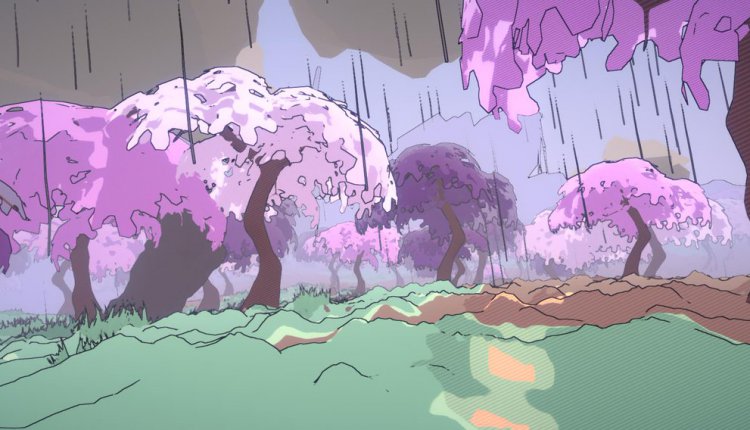
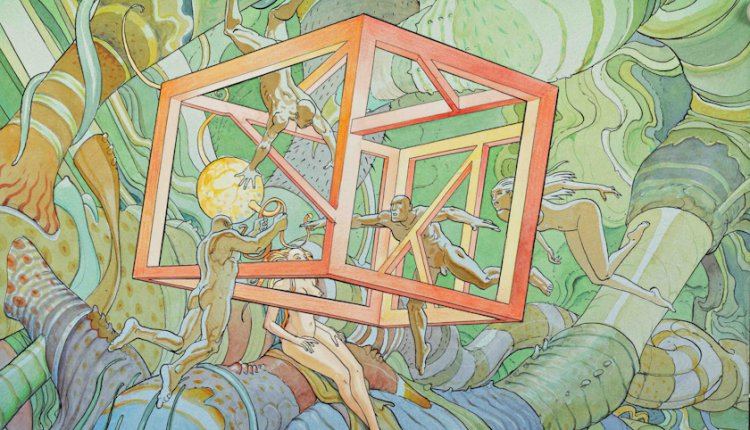
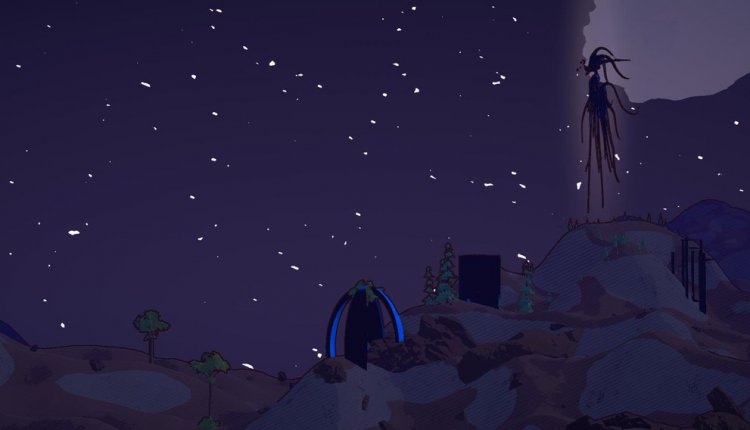
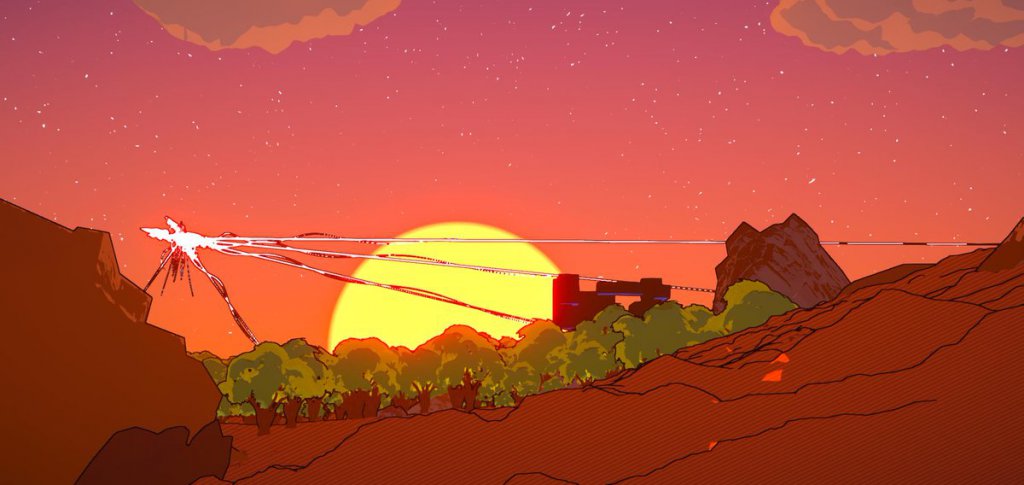
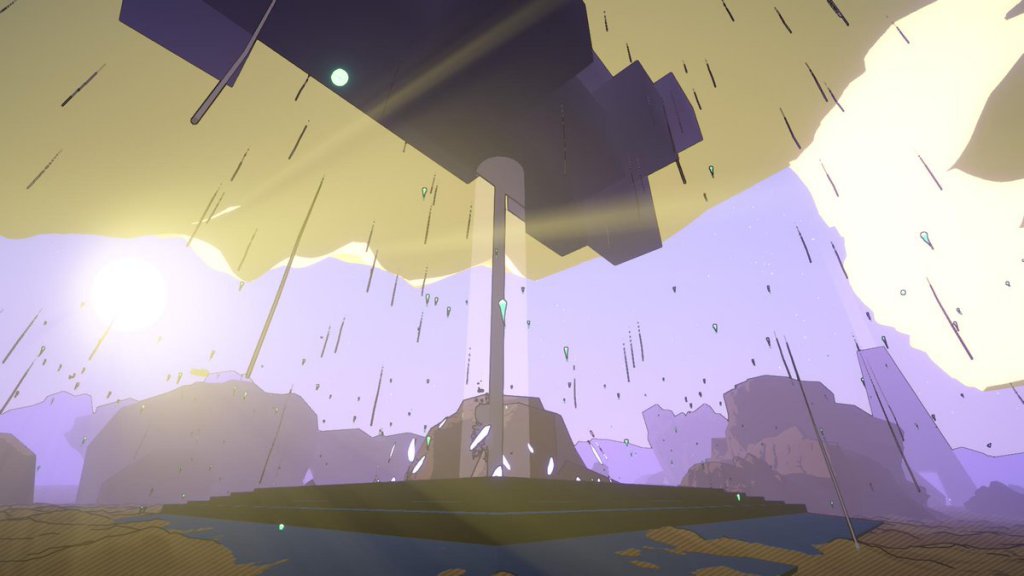
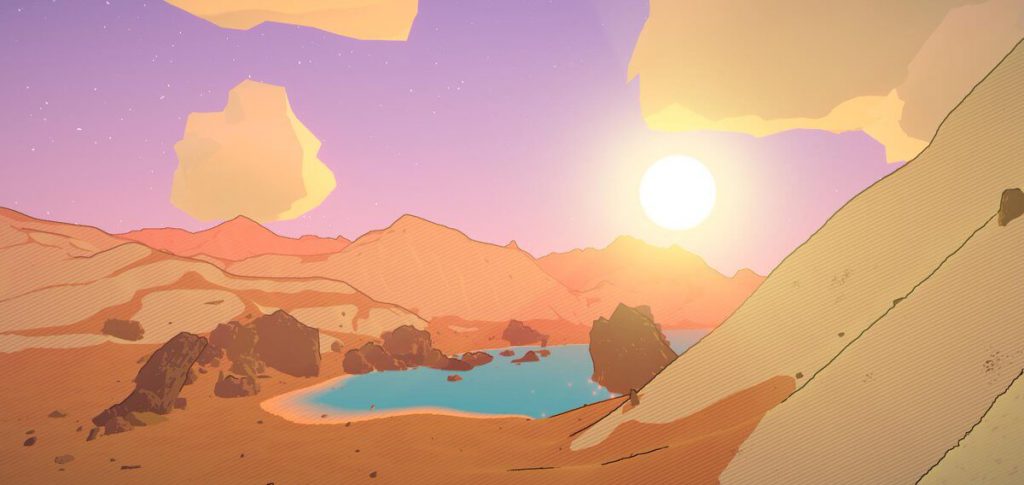
Comments are closed.